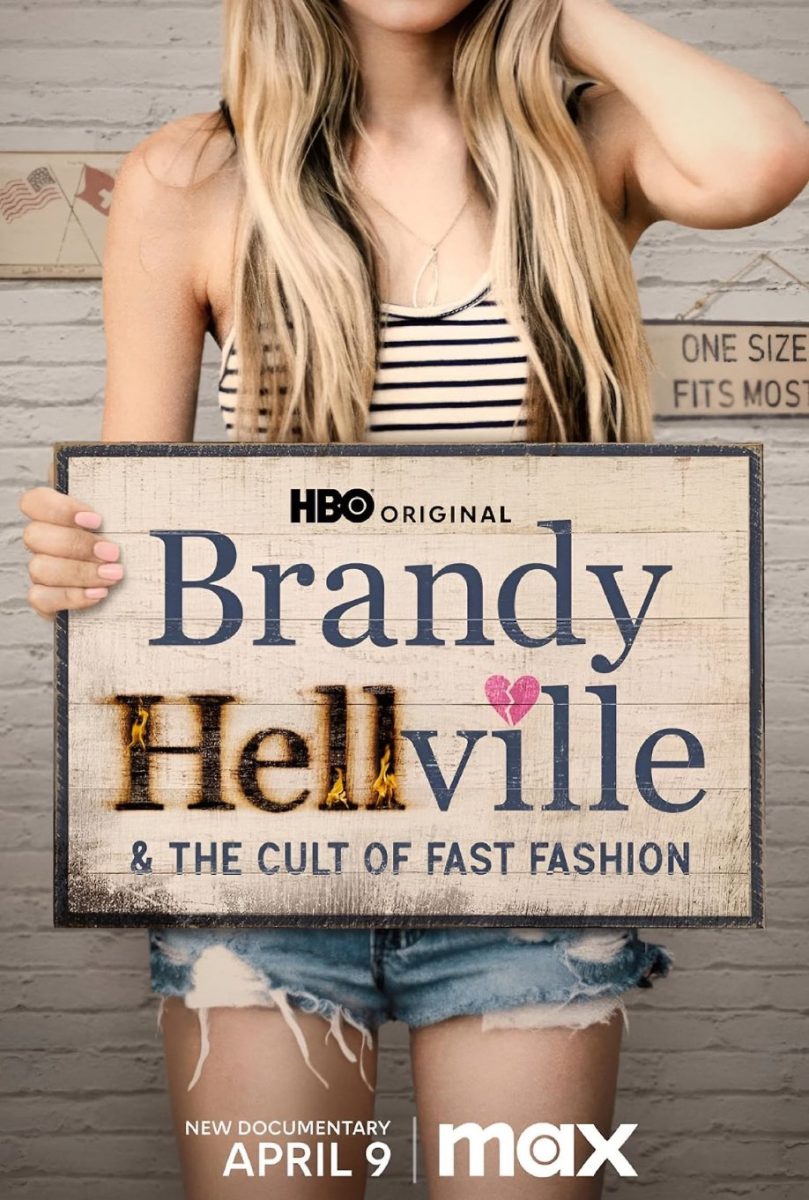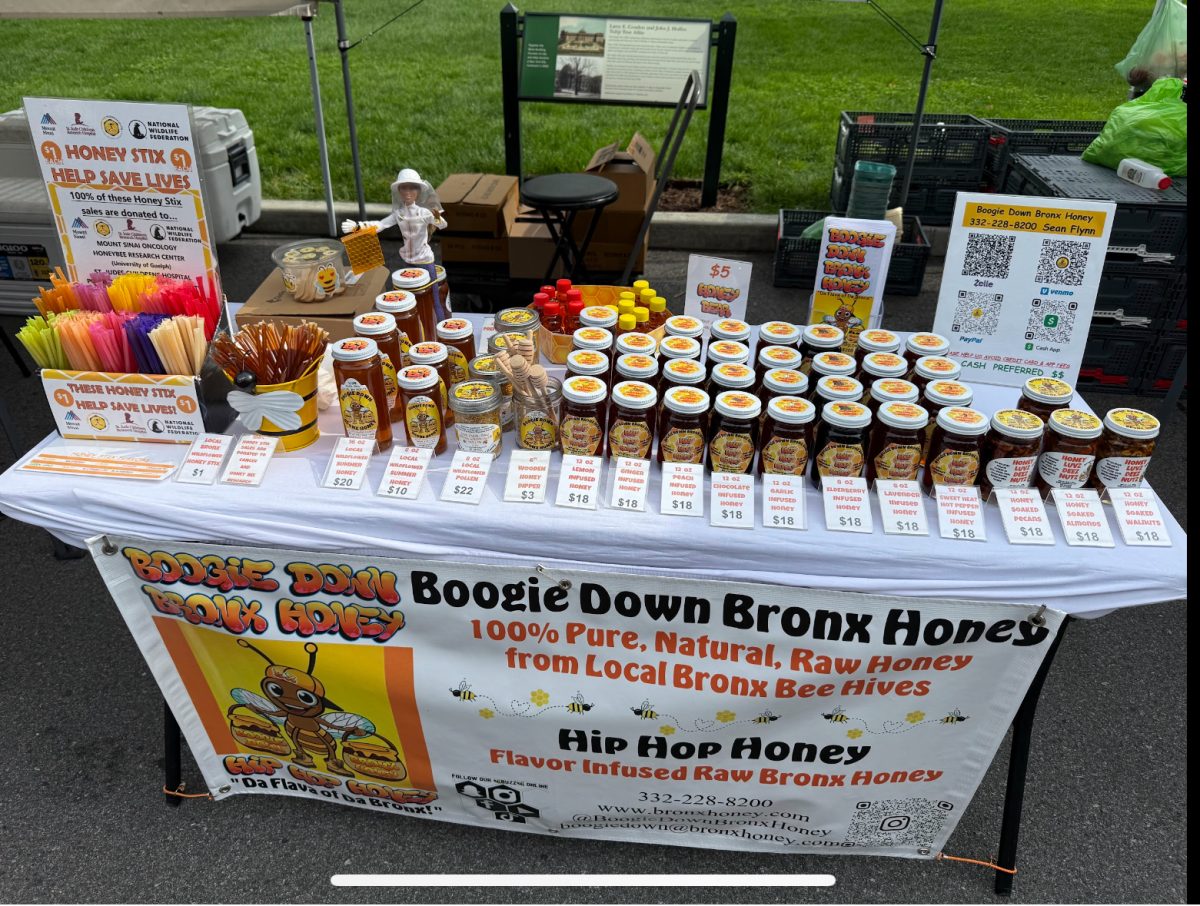“Brandy Hellville and the Cult of Fast Fashion,” a documentary released on March 11, 2024, details the shady practices behind the popular fast-fashion brand, Brandy Melville. The film, which is available to watch on HBO, featured interviews with former Brandy Melville employees, investigative journalists and anti-fast fashion activists. In the hour-and-a-half long documentary, interviewees revealed how brand founder Stephan Marsan and other company leaders have participated in a slew of horrific actions, including racism, sexism, fat-shaming and worker exploitation. Additionally, the documentary spends time addressing the harmful effects of fast fashion as a whole.
Although the documentary offered new insight into the overall predatory business of Brandy Melville, the brand is not a stranger to being exposed for its problematic practices. Back in 2020, former employees spoke out against the brand’s racism and body-shaming. While this caused some consumers to criticize the brand, the uproar was short-lived. In fact, the brand has never seen significant financial suffering from criticism, with their sales in 2023 totalling $212.5 million, an increase from $169.6 million in 2019.
So, why has Brandy Melville never been subject to the same scrutiny as other fashion brands? Social activist movements have been on the rise over the past few years, and consumers are quick to cancel brands like Victoria’s Secret, for failure to feature diverse body types, and SHEIN, for their harmful fast fashion practices. However, Brandy Melville remains unaffected, despite their actions being arguably worse than any other fashion brand.
From its beginnings, the brand has been rooted in elitism. The brand famously has a single size, which is equivalent to that of an American small or extra-small. The clothes are always on trend, seen on the bodies of celebrities and teenage girls alike. The image of the “Brandy girl” became popular for the social media aesthetic curated on the brand’s Instagram page, featuring mainly skinny, blonde, white girls. The idea that trendy, in-fashion clothing is limited to a specific body type and race is obviously harmful; however, even when the brand has been called out for this exclusionary attitude, people still continue to crowd their stores and flaunt their hauls on social media.
The documentary, although informative, failed to truly focus on the most important issues surrounding Brandy Melville. While fast fashion is something everyone should be concerned about due to its environmental impacts, most people who shop at Brandy Melville, and most consumers in general, are already overwhelmed by the constant barrage of anti-fast fashion activism. Fast fashion and overconsumption is not a new issue; it is an issue that most people are already aware of. However, the documentary spent too much time on this issue, rather than focusing on more jarring details, like Marsan dressing as Adolf Hitler and requesting full-body photos of underage Brandy Melville employees.
Because of this out-of-touch approach, the documentary will probably not impact Brandy Melville’s sales or public image. The documentary was released over a month ago, but other than a few news articles and TikToks, there has been no widespread social change to stop shopping the brand. While it had the potential to cause some serious harm to the brand, “Brandy Hellville and the Cult of Fast Fashion” ultimately centered itself on the wrong issues, explaining why its impact thus far has been negligible.














































































































































































































